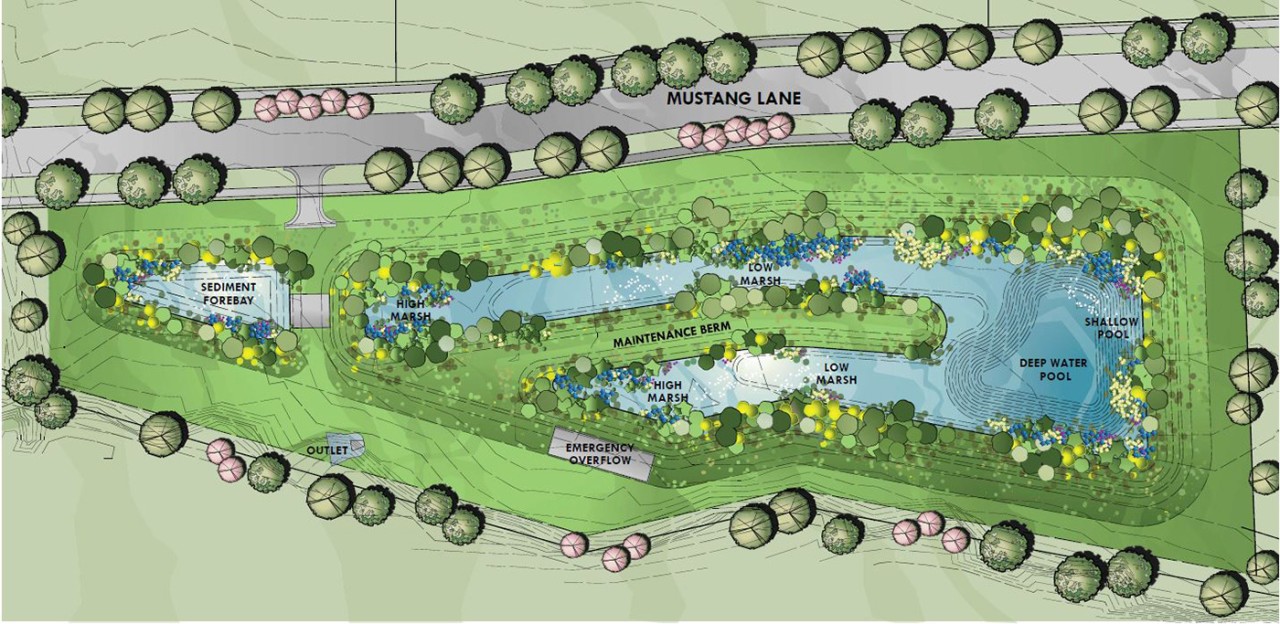Secure funding for Illinois stormwater management
Although it is regulated at the federal level, stormwater management — and associated expenses — primarily fall under the responsibility of local governments. Many of these governments depend on federal and state funds to manage expenses.
The National Pollutant Discharge Elimination System (NPDES) stormwater program regulates point-source stormwater discharges,including those from municipal separate storm sewer systems (MS4S), construction sites and industrial activities, into surface waters. The U.S. Environment Protection Agency (EPA) has delegated states to handle several aspects of permitting, administration and program enforcement program.
In Illinois, 16 of 102 counties have been granted authority from the state to manage stormwater. In February, the EPA announced $206 million in funding to upgrade Illinois drinking water, wastewater and stormwater infrastructure. These funds allocated for Illinois stormwater management can help communities strengthen their infrastructure to effectively address surface water pollution and urban flooding.
This blog post explains applicable grants under the Illinois stormwater management program and how Fehr Graham can help communities secure these funds.
Stormwater management funds in Illinois
Several competitive grants and State Revolving Funds (SRFs) promote stormwater management in Illinois communities.
Illinois Stormwater Management Funds |
|
|
|
Funds wastewater and stormwater projects.
|
|
Here are some tips to help your community secure funding for the stormwater infrastructure.
- Submit an application. Completed the GIGO application and provided supporting documentation.
- Describe the expected outcomes of the project. Clearly explain the project’s expected outcomes. Detail how the project will reduce stormwater runoff and increase pollution control in surface waters. Be specific about the implementation plan, including quantifiable BMP units that will be install.
- Include multiple BMPs in a project application. Projects that implement treatment trains or multiple BMPs within the same watershed are more likely to receive funding, as they often provide greater efficiency and effectiveness than a single large BMP.
- Apply for more than one project. Submitting more than one project application increases your chances of securing funding. However, successful applicants will only receive funding for more than one GIGO application if funds are available after all other successful applicants have been awarded funding. Partial funding may also be offered if full funding is unavailable for an entire project.
How Fehr Graham can help you secure funding for Illinois stormwater management
At Fehr Graham, we are committed to helping Illinois communities secure funds to strengthen their stormwater infrastructure. From developingstormwater pollution prevention plan (SWPPP) to permitting, we help communities meet regulatory requirements, including Municipal Separate Storm Sewer System (MS4) permits. Our team of hydrogeologists and certified professionals help you identify the BMPs to minimize stormwater pollution and prevent polluted runoff into local creeks, lakes or ponds.
With Fehr Graham, you can devise sustainable and cost-effective solutions for stormwater management and secure funds for implementing them.
To learn about how Fehr Graham can help your community secure Illinois stormwater management funds, contact us or call 630.897.4651.
 |
Karoline Qasem, PhD, PE, PMP, is a powerhouse in water resources engineering. She specializes in watershed, water quality, hydrodynamic modeling, regulatory permits, nutrient criteria development, watershed planning and stormwater management. Her groundbreaking research, particularly at the interface of environmental engineering and ecology, has revolutionized our understanding of urban streams. Reach her at |
Collaborative, Insightful, Results-Driven Solutions
Fehr Graham provides innovative engineering and environmental solutions to help improve the lives and communities of our customers.

